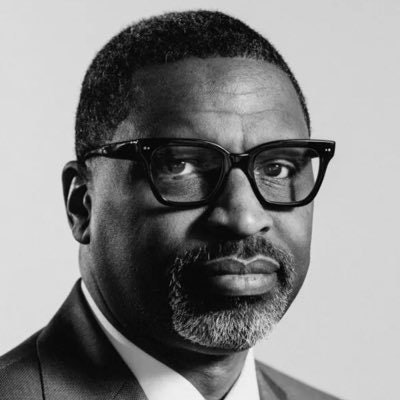While the Biden Administration has pushed over $9.5 billion in student loan relief since taking office earlier this year, it's still not enough to yield a significant difference given that $1.7 trillion Americans are saddled with debt. The burden of student loans also falls more heavily on Black borrowers and students attending Historically Black Colleges and Universities (HBCUs).
“Not only do they have less wealth to borrow on to pay back loans because of the racial wealth gap, but the underfunding of HBCUs compound the financial challenges which result in higher debt for students who attend these schools,” said Rep. Alma Adams, who appeared on a panel hosted by the Center for Responsible Lending(CRL) on Thursday.  Derrick Johnson
Derrick Johnson
Adams, the founder and co-chair of the Bipartisan HBCU Caucus and a former HBCU professor, said that she supports across-the-board student loan cancellation up to $50,000 and called for increased HBCU funding as the nation emerges from the growing pandemic.
Derrick Johnson, president of the NAACP, said that most African Americans work in the public sector that pay less compared to private companies. He called for debt forgiveness, especially for borrowers working in public service during the pandemic. To honor their service, he said that the Department of Education should create easier access to the Public Service Loan Forgiveness program for workers.
He added that there is a connection between closing the racial wealth gap and addressing the student debt crisis.
“We were taught early on if you go to college, you do well, you can have a great life, only to find ourselves in a debt cycle that many will not be able to get out of,” said Johnson.
Almost half of Black graduates owe more on their undergraduate student loans four years after graduation than they did when they received their diplomas.
"Many of us are never going to pay this back,” said Ashley Harrington, senior policy counsel at CRL.
Harrington stressed that the only solution to this problem is the cancelation of student debt, readjusting the interest and having debt-free colleges.
She said that the student loan payment pause and stimulus checks issued during the pandemic, helped Black borrowers through economic hardship.
“We actually had that extra money that we could do things," she said. "It wasn't a lot but it's the difference between having no stock and having some stock,” said Harrington.
The panelists also called for more funding in HBCUs through the reconciliation bill since these institutions have been neglected in the past. They said that Congress should do more.
“This is really a moral question. What type of society do we want to live in? What type of world do we want to engineer?," asked Johnson. "One where people are handcuffed economically, or one where more people have the ability to follow their dreams and create and live in a way that is free, that is whole, that allows them to fully participate in this thing that we call America?"



















